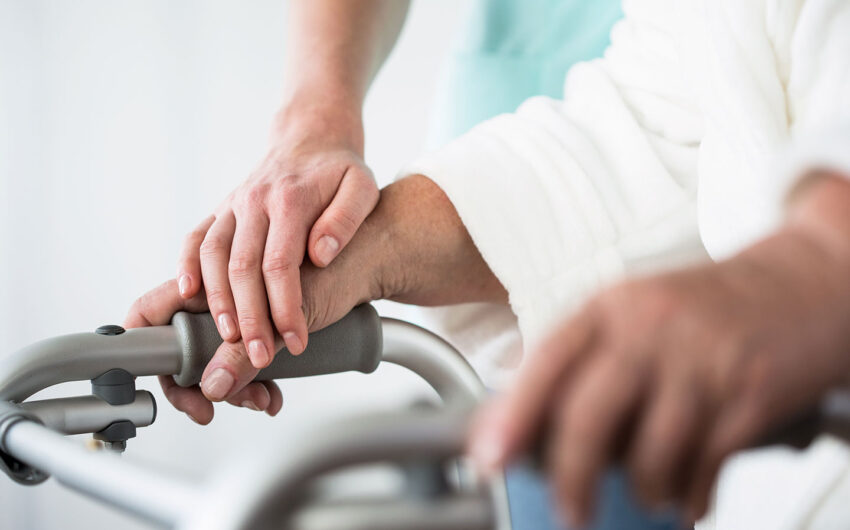
Although rehabilitation does not reverse brain damage effects caused by stroke, it can considerably help people achieve as much independence as possible to attain the best possible quality of life.
What are the goals of rehabilitation for stroke survivors?
Rehabilitation helps stroke survivors relearn basic and more complex skills that are lost when part of the brain is damaged. Such skills include coordinating leg movements in order to walk and learning to communicate effectively when the brain region responsible for using language has been damaged.
In cases where paralysis on one side of the body has occurred, another goal of rehabilitation is to teach stroke survivors new ways of performing tasks such as bathing and dressing using only one hand.
What does post-stroke rehabilitation involve?
As rehabilitation involves repetitive practice, therapy requires a lot of patience and perseverance. When the stroke patient’s overall condition has been stabilised, rehabilitation may begin – often within two days after the stroke has occurred – and should be continued as necessary after hospital release.
Since many survivors are seriously weakened or paralysed, the first step of the rehabilitative process involves encouraging independent movement. Thus, patients are urged to change positions frequently while in bed and prompted to engage in a range of motion exercises in order to strengthen their stroke-impaired limbs. This may eventually lead to standing and walking, depending of course on the extent of the initial injury.
Wherever possible, specialised therapists and nurses help patients to perform progressively more complex tasks such as bathing and using a toilet. The reacquisition of the skills needed to carry out these basic daily activities represents the first stage in a stroke survivor’s return to independence.
For some stroke survivors, this is an ongoing process and may involve working with specialists for months or years after the stroke. No matter the extent of damage caused by stroke or therapy needed, the rehabilitation process must be accomplished in a way that preserves the survivor’s dignity.
If you know someone who has suffered a stroke, trauma, or needs 24-hour care, contact CareMalta for further information on how we can help.
